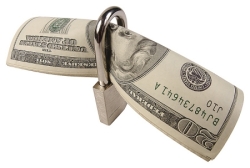 When you walk in to the bank and deposit a check, chances are that you expect that money to be made immediately available to you. If you deposit $300, you expect that you will be able to walk out of the bank and access that $300 with your debit card. However, this might not be the case, since many banks place a hold on the check deposits you make.
When you walk in to the bank and deposit a check, chances are that you expect that money to be made immediately available to you. If you deposit $300, you expect that you will be able to walk out of the bank and access that $300 with your debit card. However, this might not be the case, since many banks place a hold on the check deposits you make.
A hold is a method banks use of keeping the money from a check unavailable until the funds actually arrive. Some banks will only place a hold on any amount over $100. So, in the example of the $300 check, you have $100 available to you immediately, and a hold is placed on the remaining $200. When you check your account online, you need to make sure you understand the difference between your ‘balance’ and your ‘available balance.’ You will see that the entire $300 is part of your balance, but your available balance will tell you how much you actually have access to immediately.
How Long Can a Hold Last?
The length of time your money is held depends largely on bank policy. Some banks will hold funds for as little as one business day, while others will hold funds for longer. How long a hold is in effect also depends on the source of the check. An out-of-state personal check might be held for three or four days, while a check issued by the U.S. Treasury might have no hold at all. In some cases, depending on how large the check is, and who issued it, the hold can be as long as five to 10 business days.
For banks, the hold is a way of limiting risk. The bank is paying money to you, and acting in good faith on the assumption that there is money in the account the check is drawn on. Your bank has to request that the other bank transfer the funds, based on the information in the check. If there isn’t money in the other account, your bank loses out if it pays you and you spend the money. The more reliable the source of the check, the shorter the hold is likely to be.
It is important to understand your bank’s hold policy before you make check deposits. Funds that are held are not considered ‘available,’ so it’s possible to overdraw your account if you spend as if held funds are usable. You will be charged overdraft fees, even though you ‘have the money.’ If you are unsure about the hold policy, ask your banker when you deposit the check.
Placing a Hold on Your Account
Also, be aware that in some cases you can receive a hold on your entire account as the result of very large deposits. In the case of large deposits, and sometimes in the case of foreign funds, the bank may place a hold on all the money in your account until the funds are properly cleared.
If you expect to receive an unusual deposit, let your banker know ahead of time, and find out what you can do to facilitate the process. It also helps to have a secondary checking account – one that you can access at any time – or a credit card you can use temporarily. That way, even though all of the money in your primary account is on hold, you can still buy groceries and engage in other every day transactions.
Bank holds are a reality for most customers, and if you don’t want to be caught with overdraft fees and other unpleasant surprises, take the time to understand the hold policy at your bank.


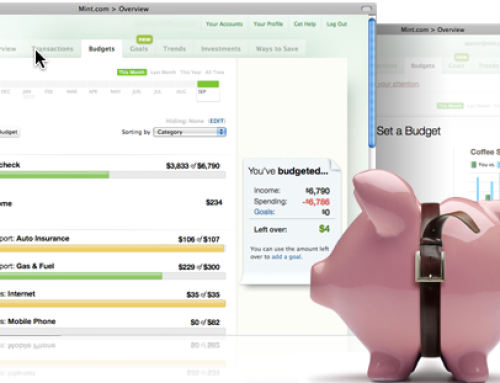
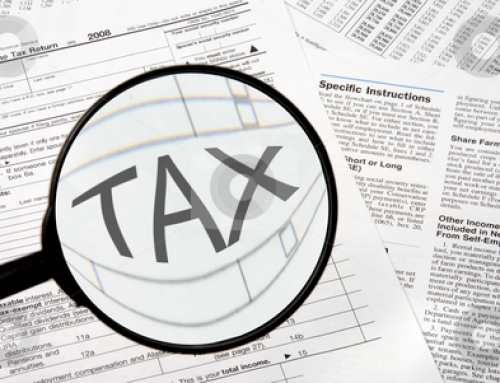
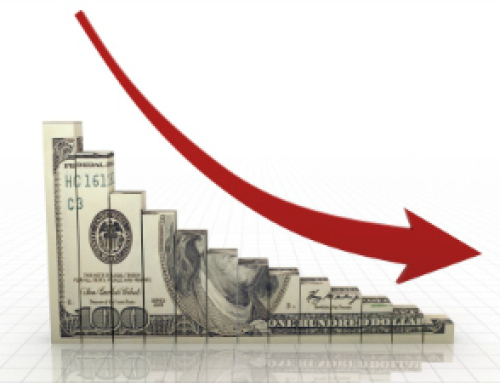
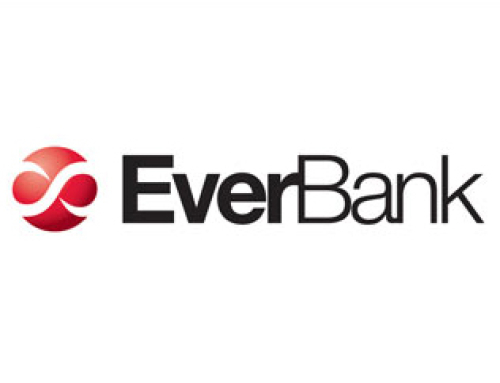







Follow Us